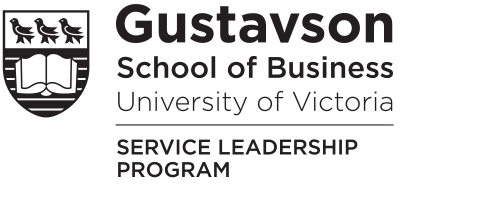The dual role of the coach – building understanding and knowledge
When people think about coaching, they often think about how coaching can help the coachee deepen their technical skills – this is natural given we associate coaching with athletics and the continual refinement of the athletes’ specialized skills. There is no doubt that organizational coaching helps employees deepen their technical knowledge too – think of feedback by coaches as a way to grow employees skills in selling, serving a customer, or running a team meeting.
But organizational coaching offers us another opportunity, which is just as fundamental to organizational success. This opportunity is to unify knowledge – connecting pieces of the organizational puzzle through coaching can help employees understand the context in which they work.
Coaches help employees pull back from their daily work to help them see the bigger picture in which they operate and show them how their work affects others. This could be reminding coachees of organizational priorities, for example.
David Deutsch in his book The Fabric of Reality convincingly argues that to understand something we need to put specialist knowledge aside and look for larger patterns and connections in the workplace. This helps us move towards understanding in the workplace, which is distinct from deepening employee knowledge.
Further, a groundbreaking paper in Science[1] shows that new ideas are often embodied in existing knowledge, but only when this knowledge is balanced with uncommon knowledge. Balancing atypical knowledge (in this case a coachee understanding, for example, how their work affects other teams) with conventional knowledge (their own specialist knowledge) helps creativity enormously.
What this all means is that organizational coaches have an opportunity to move the organization forward in two ways. First by helping employees get technically better at their job and second by helping them find patterns, connections and appreciate the bigger picture to help them build understanding – which combined with job knowledge is a potent combination.
[1] Uzzi, Brian, et al. “Atypical combinations and scientific impact.” Science342.6157 (2013): 468-472.



